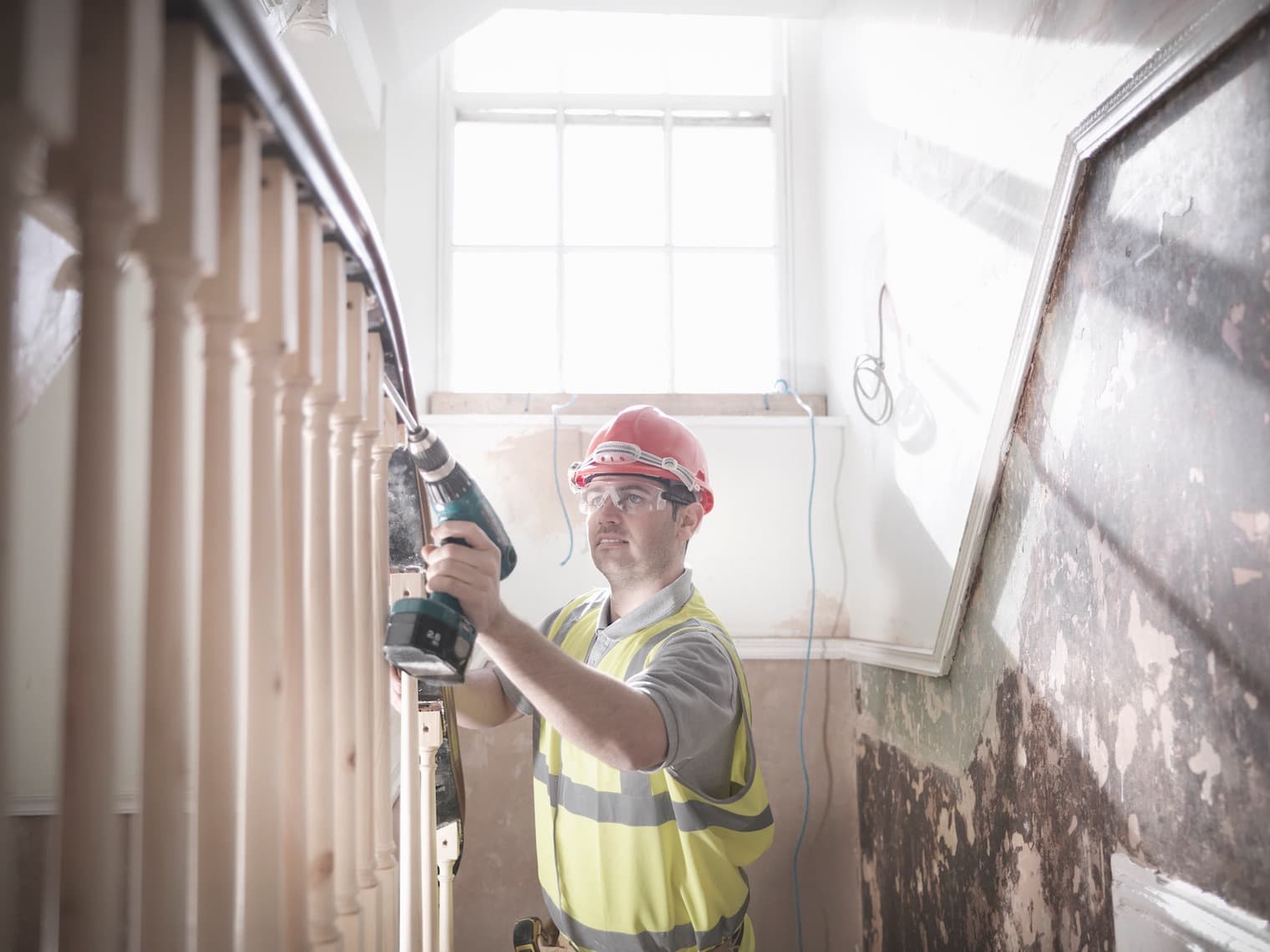Even in the most general sense of the word, when you purchase a condominium, not only are you buying an apartment, you are also buying shares in the entire land and building. This is therefore classed as co-ownership and the ownership share in the total property is expressed through the value share. The value share is calculated on the basis of the floor area of the purchased property, but also takes into account other factors such as floor location, floor plan or geographical orientation. Co-ownership is combined with the special right to occupy and design the apartment, including any basement or attic compartments and ancillary rooms belonging to the apartment, as the sole user and to complete interior work on the rooms. The special right usually includes the interior design of balconies, verandas and loggias.
Decisions relating to areas outside of the apartment, on the other hand, must be taken by the condominium owners’ association. This means that decisions on, for example, renovation work on the roof or facade can only be made jointly and costs have to be shared. A renovation fund is set aside for the renovation and refurbishment costs incurred, into which all co-owners pay amounts based on the value share of their apartment. Outdoor areas, such as allocated garden areas or parking spaces for which an owner has the sole right of use, are part of the common property. Further, major structural changes require the consent of the community.




